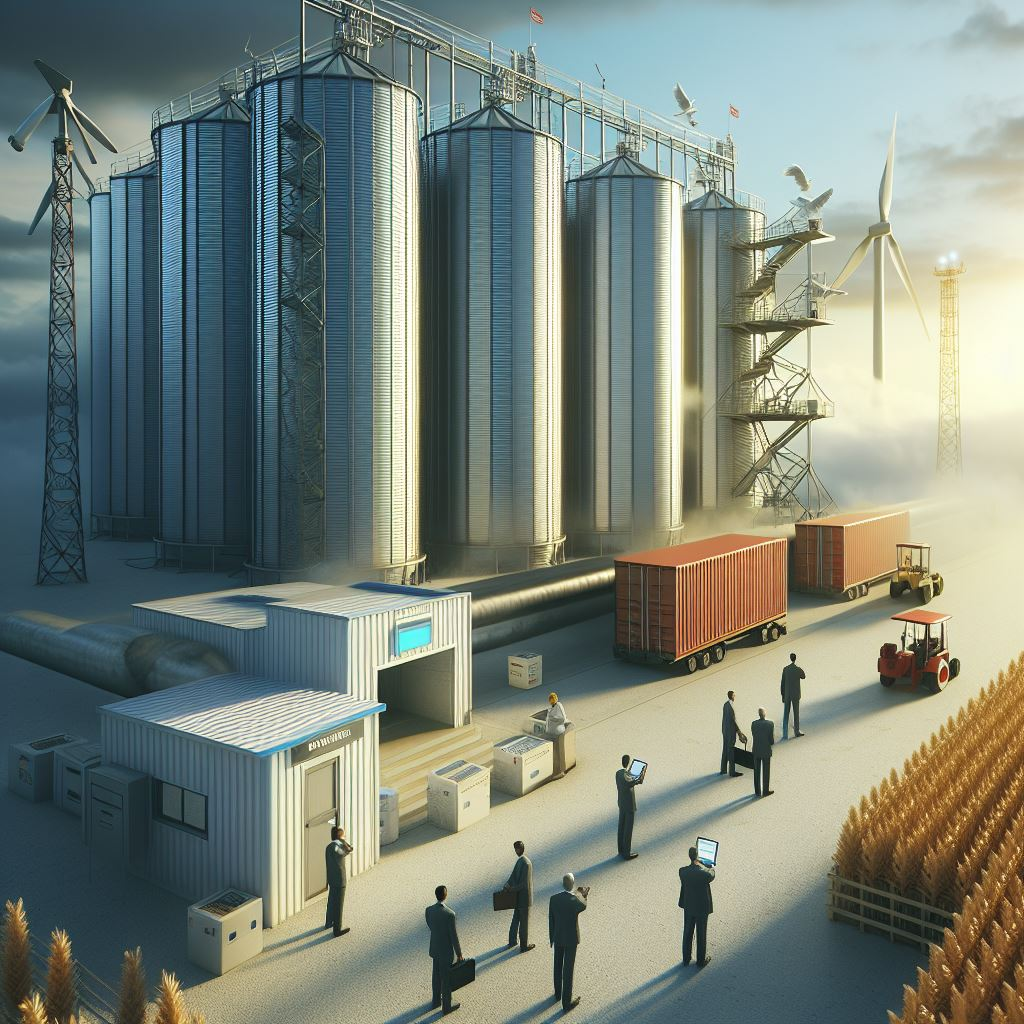Pakistan is grappling with a pressing issue that threatens its food security and agricultural resilience: inadequate and outdated grain storage facilities.
Pakistan is grappling with a pressing issue that threatens its food security and agricultural resilience: inadequate and outdated grain storage facilities. As the country aims for self-sufficiency in food grain production, experts emphasize the critical importance of establishing modern storage infrastructure to minimize post-harvest losses and ensure a steady food supply throughout the year.
Muhammad Azeem Tariq, a senior scientific officer at the National Agricultural Research Centre (NARC), highlighted the pivotal role of grain storage facilities in reducing post-harvest losses and maintaining grain quality.
He underscored the urgent need for investment in modern and efficient storage facilities to combat issues such as pest infestation, rodent damage, and moisture, which contribute significantly to grain spoilage.
Pakistan’s food loss problem is starkly evident, with the country ranking 63rd globally in food losses, according to the Food and Agriculture Organisation of the United Nations. Tariq emphasized the plight of gram farmers who lack resources for proper storage, often resulting in forced sales at loss-making prices. He advocated for government incentives to encourage farmers to utilize storage facilities effectively.
Improved storage infrastructure not only enables farmers to store grain for longer periods but also empowers them to fetch better prices by timing their sales with favorable market conditions, Tariq noted. Furthermore, embracing technology in storage and post-harvest management could play a pivotal role in addressing food insecurity in Pakistan while strengthening the food value chain.
M Hanif, another senior scientific officer at NARC, shed light on the alarming scale of food losses in Pakistan, particularly in staple crops like wheat and perishables like fruits and vegetables. He attributed these losses to inadequate storage capacity, inefficient supply chains, and insufficient infrastructure for transportation and handling.
Hanif emphasized the need for a comprehensive approach to tackle food loss, which includes investing in modern infrastructure, adopting innovative agricultural practices, and enhancing public awareness about responsible food consumption. He stressed the importance of supportive government policies and collaboration among stakeholders to create a more sustainable food system in Pakistan.
In conclusion, the urgent need to establish modern grain storage facilities in Pakistan cannot be overstated. Addressing this critical aspect of the food supply chain is essential for mitigating post-harvest losses, ensuring food security, and bolstering agricultural resilience. Through concerted efforts and strategic investments, Pakistan can pave the way towards a more sustainable and secure future for its food system.
